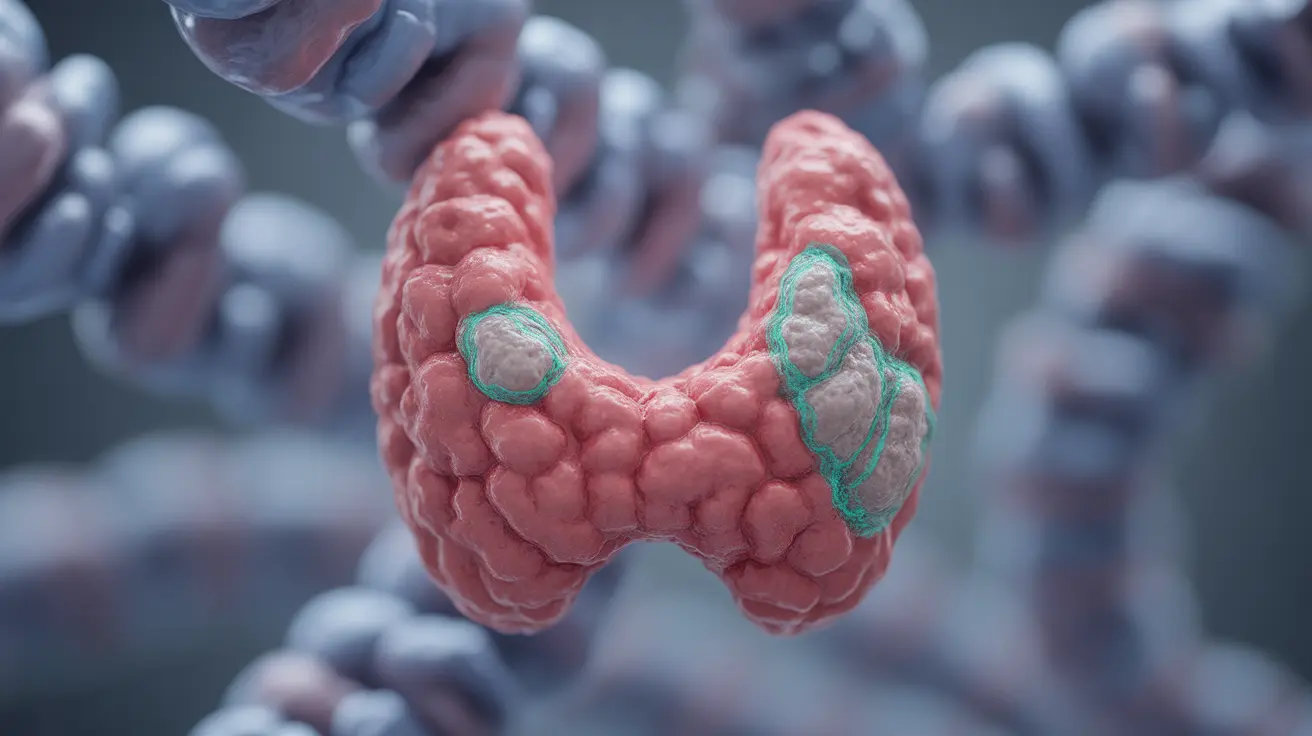Hypothyroidism, a condition where the thyroid gland doesn't produce enough hormones, affects millions of people worldwide. Many individuals with family members who have thyroid problems often wonder about their own risk of developing this condition. Understanding the genetic components of hypothyroidism can help people make informed decisions about their health monitoring and preventive care.
While not all cases of hypothyroidism are inherited, genetic factors do play a significant role in many instances. This comprehensive guide explores the relationship between genetics and thyroid function, helping you understand your risk factors and available preventive measures.
Genetic Factors in Hypothyroidism Development
Research has shown that certain genetic variations can increase susceptibility to hypothyroidism. Several genes involved in thyroid hormone production, regulation, and immune system function can influence your risk of developing the condition. Some of these genetic factors are inherited directly from parents, while others may interact with environmental triggers to cause thyroid dysfunction.
Common Inherited Forms of Hypothyroidism
Several types of hypothyroidism have strong genetic components:
- Hashimoto's thyroiditis (autoimmune thyroiditis)
- Congenital hypothyroidism
- Thyroid dysgenesis
- Inherited enzyme deficiencies affecting thyroid hormone synthesis
Environmental Factors vs. Genetic Predisposition
While genetics play a crucial role, environmental factors often work in conjunction with genetic predisposition to trigger hypothyroidism. Understanding this interaction can help individuals with family history take appropriate preventive measures.
Key Environmental Triggers
Common environmental factors that may interact with genetic susceptibility include:
- Iodine deficiency or excess
- Radiation exposure
- Certain medications
- Stress
- Pregnancy
- Viral infections
Congenital Hypothyroidism and Newborn Screening
Congenital hypothyroidism, present at birth, affects approximately 1 in 2,000-4,000 newborns. Early detection through mandatory newborn screening programs has dramatically improved outcomes for affected infants. This condition can be caused by various genetic mutations affecting thyroid gland development or hormone production.
Prevention and Management Strategies
While you cannot change your genetic makeup, there are several ways to manage your risk if hypothyroidism runs in your family:
- Regular thyroid function testing
- Maintaining optimal iodine intake
- Following a balanced, nutrient-rich diet
- Managing stress levels
- Avoiding environmental toxins
- Regular medical check-ups
Frequently Asked Questions
Is hypothyroidism genetic, and can I inherit it from my parents?
Yes, hypothyroidism can have a genetic component, and you can inherit a predisposition to the condition from your parents. However, not everyone with genetic risk factors will develop hypothyroidism, as environmental factors also play a significant role.
What are the main causes of hypothyroidism, and how much is due to genetics vs. environment?
The main causes include autoimmune disorders (particularly Hashimoto's thyroiditis), genetic mutations, iodine deficiency, and certain medications. While genetic factors account for approximately 65-70% of the risk in autoimmune thyroid conditions, environmental triggers are often necessary for the condition to develop.
How does having a family member with hypothyroidism affect my own risk of developing the condition?
Having a first-degree relative (parent, sibling, or child) with hypothyroidism increases your risk by 2-8 times compared to the general population. However, regular monitoring and lifestyle modifications can help manage this increased risk.
Can lifestyle changes or diet reduce my risk of hypothyroidism if it runs in my family?
While lifestyle changes cannot alter genetic predisposition, maintaining a healthy diet, ensuring adequate iodine intake, managing stress, and avoiding environmental toxins can help reduce the risk of triggering hypothyroidism in genetically susceptible individuals.
What are the symptoms of congenital hypothyroidism, and how is it detected in newborns?
Common symptoms include jaundice, poor feeding, constipation, decreased activity, and excessive sleeping. However, many newborns show no obvious symptoms initially. This is why newborn screening programs, which include a blood test to measure thyroid hormone levels, are crucial for early detection and treatment.




